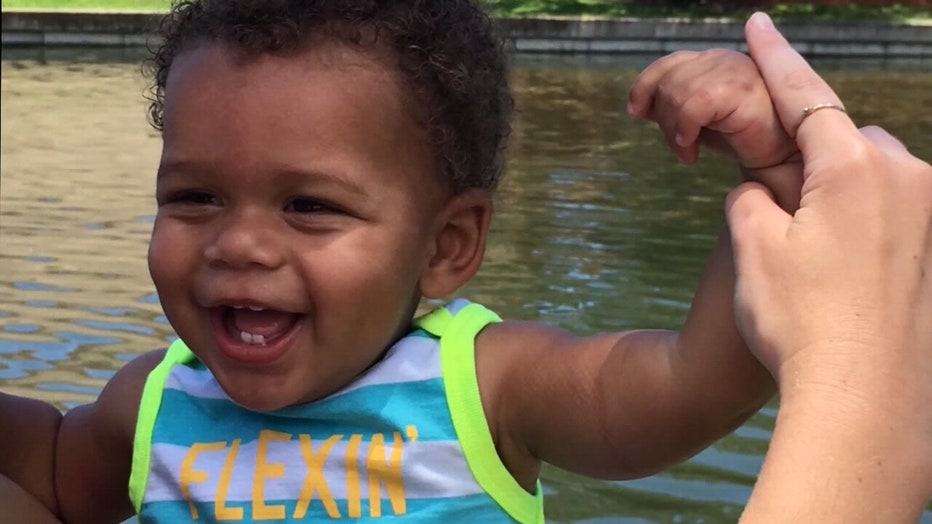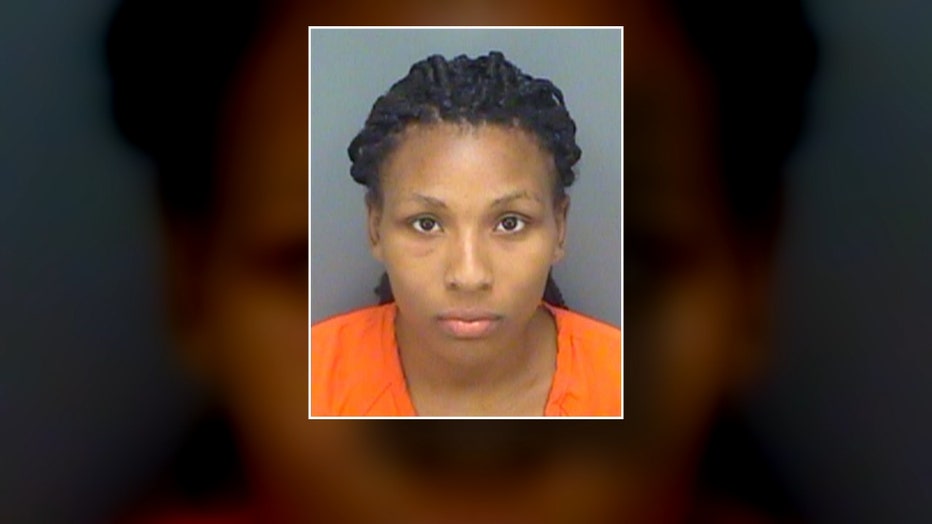Charisse Stinson pleads guilty to 2018 murder of her toddler son
LARGO, Fla. - After the trial was delayed due to the coronavirus pandemic, the Largo mother accused of murdering her 2-year-old son and burying him in a shallow grave has pleaded guilty.
During a Tuesday hearing, Charisse Stinson agreed to plead guilty to second-degree murder and filing a false report to officers. Stinson was facing first-degree murder charges.
In exchange for the plea, the judge sentenced Stinson to 50 years in prison.

Jordan Belliveau
Back in 2018, officials said Stinson reported her son, Jordan Belliveau, was kidnapped by a man named, Antwan, setting off a statewide Amber Alert.
However, Largo police said Antwan never existed.
READ: Florida child welfare system gets overhaul with signing of Jordan's Law
Detectives said Stinson admitted that Jordan had an “unexplained serious injury” to one of his legs, and in a moment of frustration, she struck him in the face with the back of her hand. The impact caused the back of his head to strike a wall inside the home, leading to seizures throughout the night, detectives said.
“As the victim’s health declined during the following day, the defendant carried him to a wooded area during the night where the victim’s body was left,” Stinson’s affidavit read. “The victim’s recovered body had visible injuries consistent with the defendant’s admission.”

Booking image for Charisse Stinson
PREVIOUS: Largo mother accused of killing son ordered held without bond
It’s unclear whether Jordan was still alive when Stinson allegedly left him in the wooded area. Jordan's Law, signed by Governor Ron DeSantis over the summer, calls for major changes to Florida's child welfare system, potentially helping avoid tragedies similar to the death of Belliveau.
State Representative Chris Latvala (R-67th District) and others said overworked child welfare employees missed warning signs that may have prevented Jordan's death.
Related
Florida child welfare system gets overhaul with signing of Jordan's Law
State Representative Chris Latvala (R-67th District) celebrated the “proudest” moment of his public service career Thursday after Governor Ron DeSantis signed HB 43 aka Jordan's Law.
Latvala, along with House Speaker Jose Oliva and Speaker Designate Chris Sprowls, drafted a bill that will decrease the number of cases a caseworker is assigned at one time and increase the communication between law enforcement and the child welfare system.
Under the law, case managers should only have 15 cases at one time. Latvala says some caseworkers have as many as 30, under current Florida law.
Stinson's trial was set for March 2, but the pandemic delayed it.


